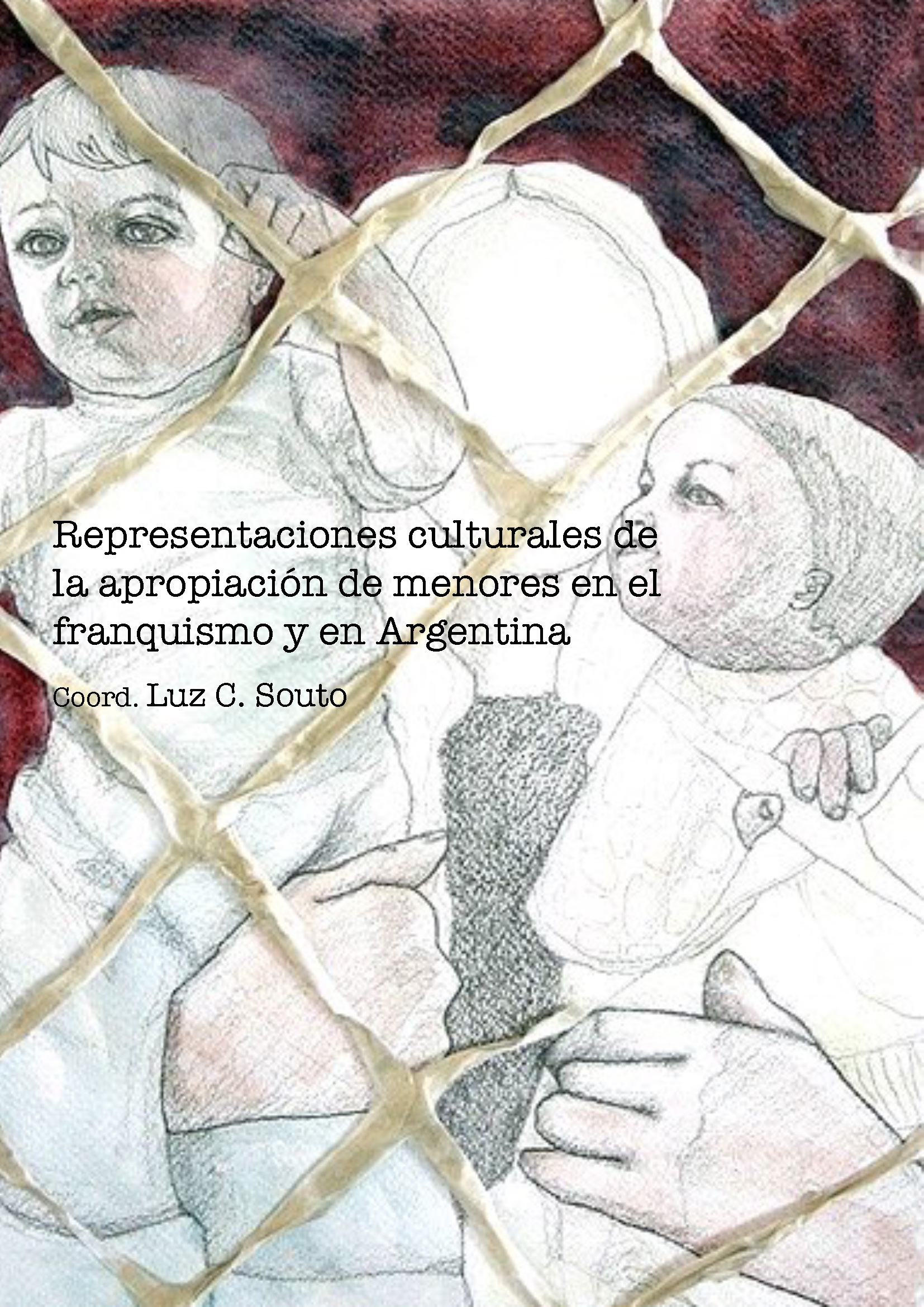Entrevista a Martín Kohan. Ficción, repetición, memoria.
DOI:
https://doi.org/10.7203/KAM.3.3763Keywords:
Martín Kohan, apropiación de niños, Abstract
Abstract
En el año 2002 Dos veces junio llamó la atención de la crítica contando lo inenarrable de la historia, abriendo un mundo ficcional no sólo creíble sino posible y desbastador. Detrás de esta novela siguieron varias producciones y con ellas un proyecto narrativo que se asentó en la defensa de la forma y el registro literario. Y es ahí, en el giro lingüístico y en el juego con el lenguaje, donde Martín Kohan integra lo social y lo político como interrogantes literarios, porque la ficción le permite llegar donde otros discursos resultan insuficientes.
 Downloads
Downloads
Downloads
Published
How to Cite
-
Abstract2209
-
Leer entrevista (Español)721
Issue
Section
License
This journal provides an immediate free access to the content on the principle that freely make investigation available to the public, which promotes an increased global knowledge exchange.
Unless otherwise indicated, texts published in this journal are under the license Attribution-NonComercial 4.0 by Creative Commons. These texts may be copied, distributed and publicly communicated whenever the publication’s author and title are quoted and whenever they are not used for commercial purposes. In any case, intellectual property of the articles and its potential economic rights entirely belong to its authors.
The full license can be consulted on https://creativecommons.org/licenses/by-nc/4.0/. We encourage authors to disseminate papers published in Kamchatka. Journal of cultural analysis electronically, in institutional digital repository or in their websites.





